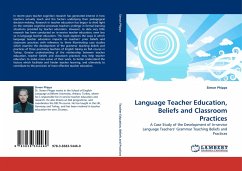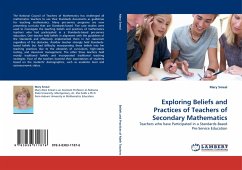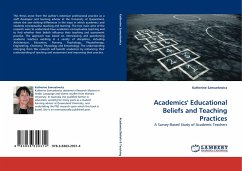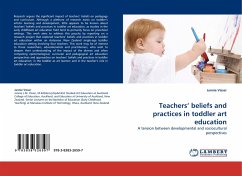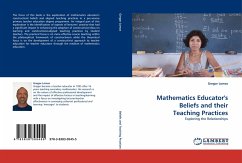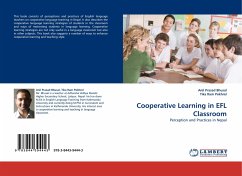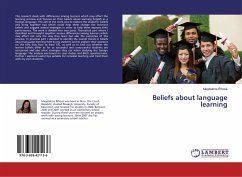In recent years teacher cognition research has generated interest in how teachers actually teach and the factors underlying their pedagogical decision-making. Research in teacher education has begun to shed light on the complex cognitive processes teachers undergo in formal learning situations provided by teacher education. However, to date very little research has been conducted on in-service teacher education, even less so in language teacher education. This book explores the ways in which language teacher education impacts on teachers prior beliefs and classroom practices with reference to three illuminating case studies which examine the development of the grammar teaching beliefs and practices of three practising teachers of English taking an MA course in Turkey. Greater understanding of the relationship between teacher education, teacher beliefs and classroom practices may help teacher educators to make more sense of their work, to better understand the factors which facilitate and hinder teacher learning, and ultimately to contribute to the provision of more effective teacher education.
Bitte wählen Sie Ihr Anliegen aus.
Rechnungen
Retourenschein anfordern
Bestellstatus
Storno

